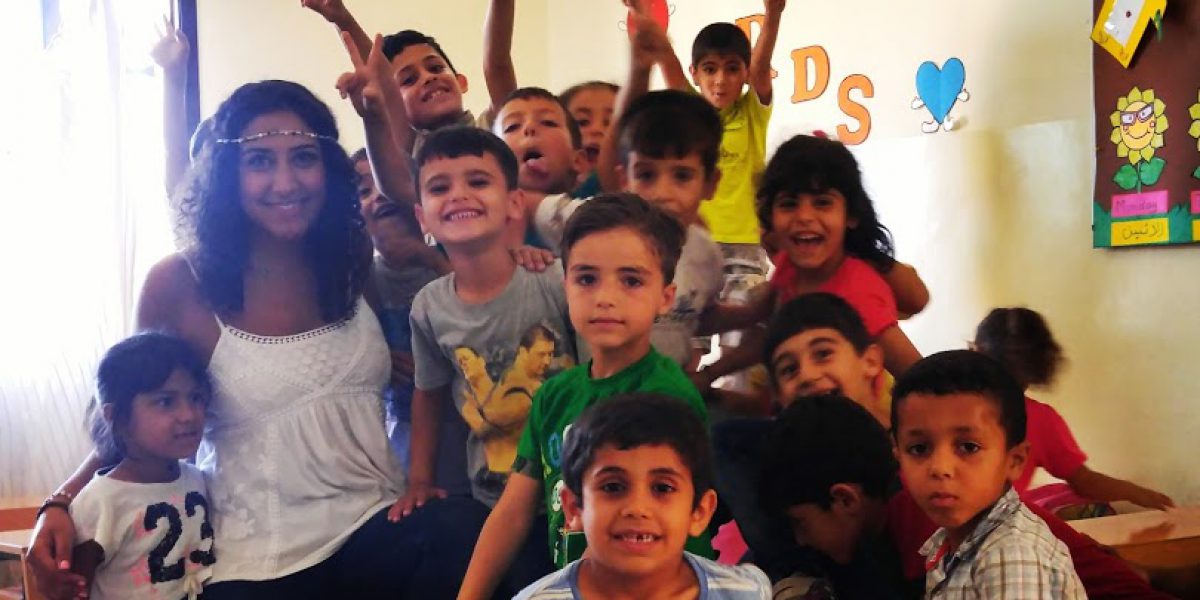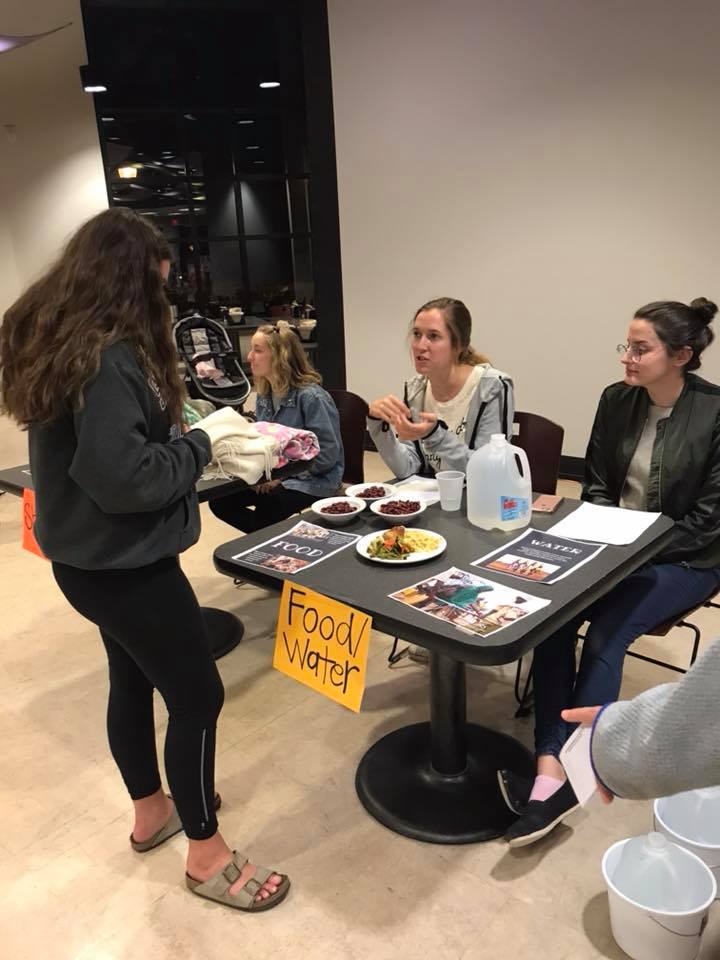#Do1Thing – Learning Undeniable Resilience
18 January 2018

Throughout my undergraduate career at a Jesuit institution, I have been immersed in a culture of excellence that emphasizes service and growth of the whole person. I started volunteering with local elementary, middle, and high schools in the Baltimore area that held educational and mentorship programs for refugee youth resettled in the city. Each child that I had the privilege of working with painted a new face to what it means to be human and undeniably resilient. As I mentored children of all ages, it became clear to me that all people are simply people; children will be joyful and loving children, young adults will be ambitious and hopeful, and adults will be flexible and hardworking. These facts remained consistent among each refugee that I worked alongside. From Nepal to Syria, from 5 to 77 years old, female or male, and of all religious backgrounds, the resilience of the human spirit did not waiver.
With every hour spent in Baltimore, I increasingly yearned for more experience, travel, and human connection. As a first-generation Lebanese immigrant to the United States, I often spent my summers abroad visiting family and exploring my country of origin. In a recent journey to the Middle East, I was inspired to delve into my dynamic community which had now become home to numerous refugees. I began working with the Jesuit Refugee Service (JRS) Lebanon’s students that required holistic education—about life, health, and their future. Some students lost themselves to the burdens that they carried, some excelled academically with hopes of a new future, and others experienced health concerns that neither child or parent understood. My first summer with the JRS illustrated the importance of hope as a transformative element of life. Working with students and families by providing mentorship that encouraged and instilled faith in the future and the beauty of life. Believing and fighting for the success and happiness of another individual is the one thing that will ultimately break the cycle of suffering.
I chose to invest in my students on a personal level by working with families and providing mentorship that encouraged movement. Initially, I expected that my identity as a Lebanese-American student could negatively impact my ability to create comfort and a basic sense understanding between the refugee youth and myself. After my first introduction, I found that the student whole-heartedly accepted my presence and even found curiosity in the United States. I worked with each student on an individual basis, and I often found that sharing the story of my own up-bringing in a middle-class immigrant family inspired the students. I would recount my experiences transitioning to a new culture and finding motivation to excel academically in spite of any adversity that I had faced. These students found comfort in the prospects of their futures as academics and active global citizens. Their continued determination and ambition continues to inspire me. I found comfort, love, and inspiration among the Syrian refugee population in Lebanon, and my heart continues to stretch from the United States to Lebanon and Syria. Refugees are present in every corner of the world and I refuse to accept a stagnant lifestyle that does not appreciate and work alongside these individuals.
I wish to express my deepest appreciation to Mahmoud and Elias, the first two students that brought me to tears with their smiles and positivity regardless of the unfathomable hardships that they endured. Although I was their teacher and mentor, I gained a new appreciation for life and humanity with each gleam of hope in the eyes of these children. I can only hope that they both continue to spread the light within their souls and in turn find this light in others. I am inspired beyond what I can express in words. Watching Mahmoud and Elias peep their heads out of the bus for the final day of class that summer is a moment that will continue to propel forward in my pursuit to become a medical doctor for children who carry the shortcomings of the world on their shoulders.
Sandy M. Abboud is a Senior at Loyola Maryland University.




